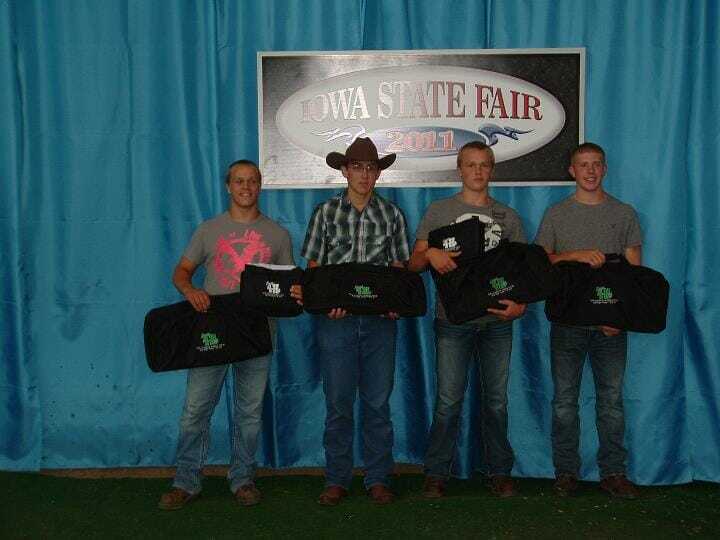“Fun, delicious, unique and healthy” aren’t usually the words fairgoers associate with food on a stick, but that’s exactly what Iowa’s turkey producers serve up at the “Turkey Grill.” You can get a taste of it at the 2021 Iowa State Fair (ISF) from Thursday, August 12, through Sunday, August 22, 2022.
“The Turkey Grill started with the goal to promote turkey and to provide a healthy, delicious alternative for fair-goers, and it continues to do so today, 38 years later,” says Gretta Irwin, Executive Director & Home Economist for the Iowa Turkey Federation / Iowa Turkey Marketing Council.
The Turkey Grill is located east of the Varied Industries Building on the Iowa State Fairgrounds. To learn more about the fair or to get answers to frequently asked questions, visit IowaStateFair.org. There’s also an official Iowa State Fair app.
We strive to serve fun, delicious, unique and HEALTHY turkey items.
NEW! Breakfast Poppers

- $2
- Breakfast in a meatball! Turkey, scrambled eggs, cheddar cheese, onion, green pepper, red peppers.
- 5 meatballs per serving
- Guests can put their favorite condiment (ketchup, salsa, hot sauce) with the meatballs.
Turkey Tenderloin
- $7
- Marinated breast meat and slow grilled (recipe below)
- On the Iowa State Fair “Healthy Choices” list
- 166 calories, 25 grams of protein and only 1 gram of saturated fat
- We will serve it in a bun or on a stick
- No allergens. Marinated in lemon juice, soy sauce alternative so gluten free, vegetable oil, red wine, onion, ginger, pepper and garlic powder
Not Your Momma’s Taco
- $6
- Deep-fried flour tortilla, Mexican-seasoned shredded turkey, homemade veggie slaw, mango salsa
- On the Iowa State Fair “Healthy Choices” list
- The meat is made exclusively for us by West Liberty Foods, the same turkey is featured on our shredded turkey sandwich, without the Mexican seasoning
- People’s Choice Best New Fair Food of 2016

The Turkey Grill’s grilled Turkey Tenderloin on a bun. - Sold almost 17,000 turkey tacos at the 2016 Iowa State Fair
Pulled Turkey Sandwich
- $6
- Shredded Turkey Sandwich (all white meat)
- Will remind you of that perfect turkey sandwich the day after Thanksgiving
- 120 calories, 1-gram saturated fat and 26 grams protein
- No allergens. Ingredients: Breast meat, natural turkey broth, salt, sodium phosphate and natural flavorings.
Turkey Drumstick
- $10
- Brined, smoked and slow grilled to perfection
- Only 140 calories per 3 ounce serving and 1 gram of saturated fat, this perfect-to-share fair item since it is about 16 ounces of meat.
- No allergens, no wheat gluten or milk products, gluten free
Griddle Sticks
- $2
- pancake batter covering a turkey sausage on a stick, served in a tray with syrup
- 160 calories, 1.5 grams of saturated fat and 7 grams of protein
- Contains egg, milk, soy and wheat
“We hope that our guests enjoy this powerful protein year-round!” adds Irwin.
To help encourage you to eat turkey year-round, below are links to a few of our favorite blog posts about Iowa turkey producers with links to turkey recipes:
- Talk Turkey with Iowa Farm Tim Graber
- Life Has Been a Series of Opportunities for This Turkey Farmer
- Meet the Farmers Behind Your Thanksgiving Turkey
How delicious does Lemon Garlic Rotini with Zucchini sound? This recipe, which features a pound of turkey breast meat, is included in a link within a blog post above. Because it’s zucchini season, I wanted to be sure you check it out.
The Iowa Turkey Federation also is sharing its recipe for Grilled Turkey Tenderloin Marinade. Trust me, it’s incredibly delicious. Better yet, try it yourself!


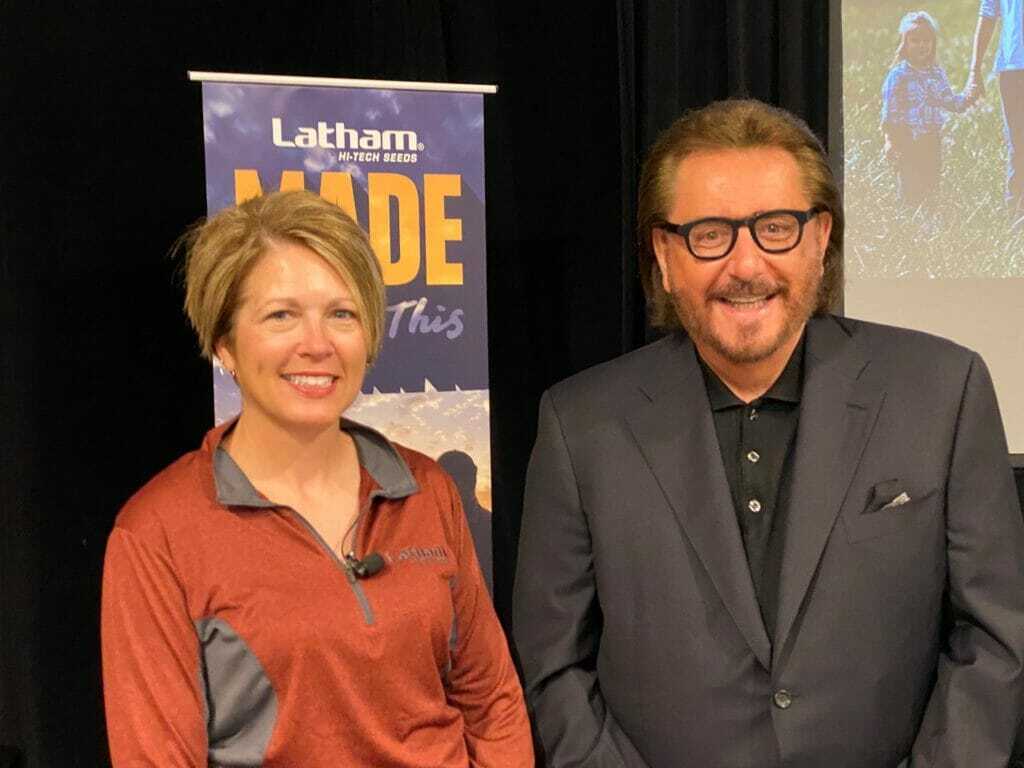
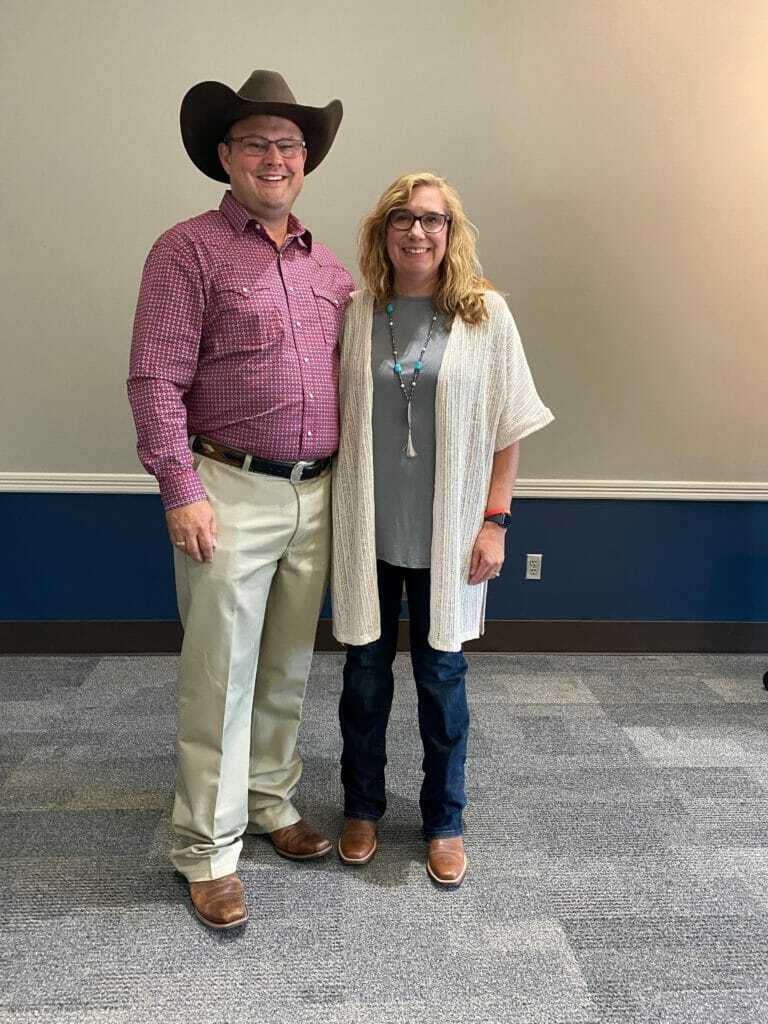
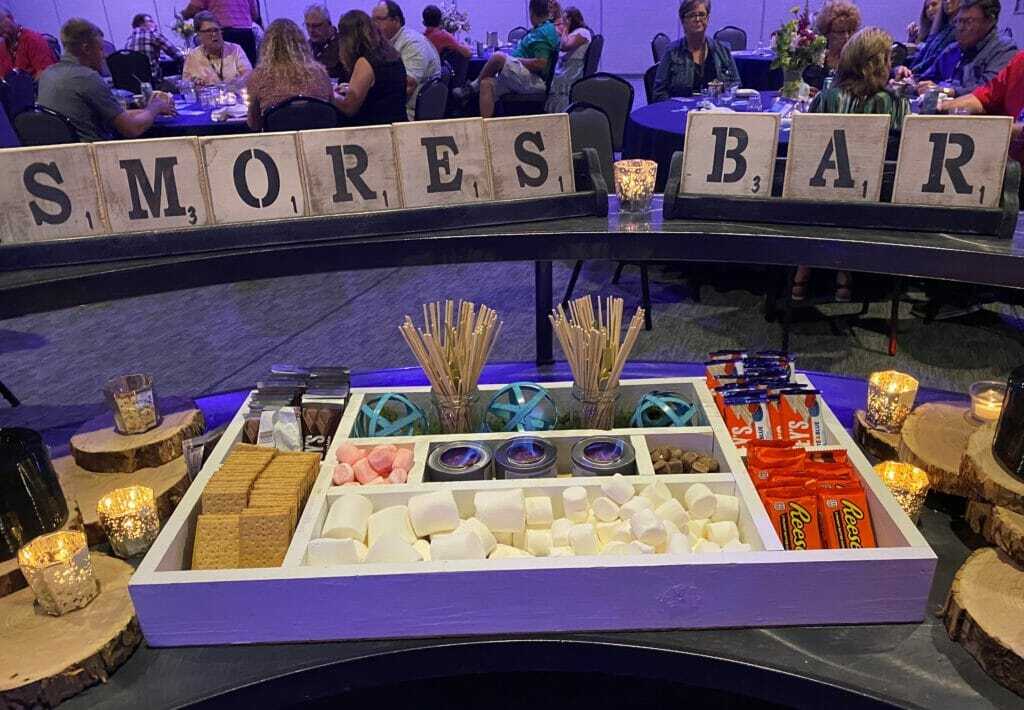
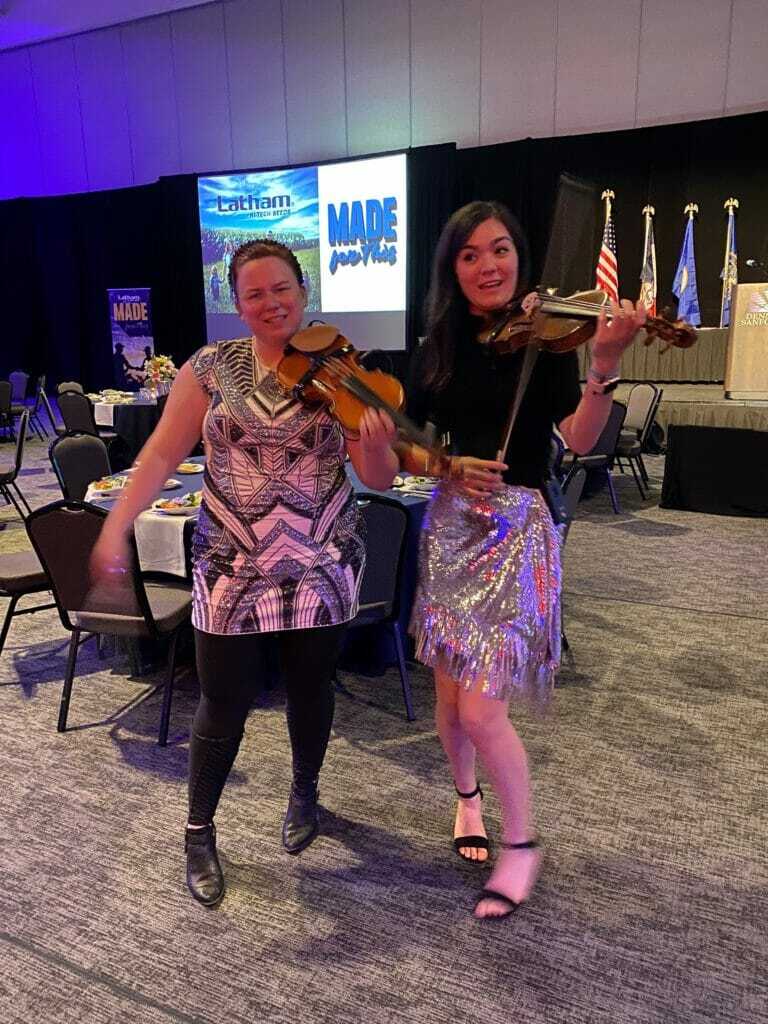
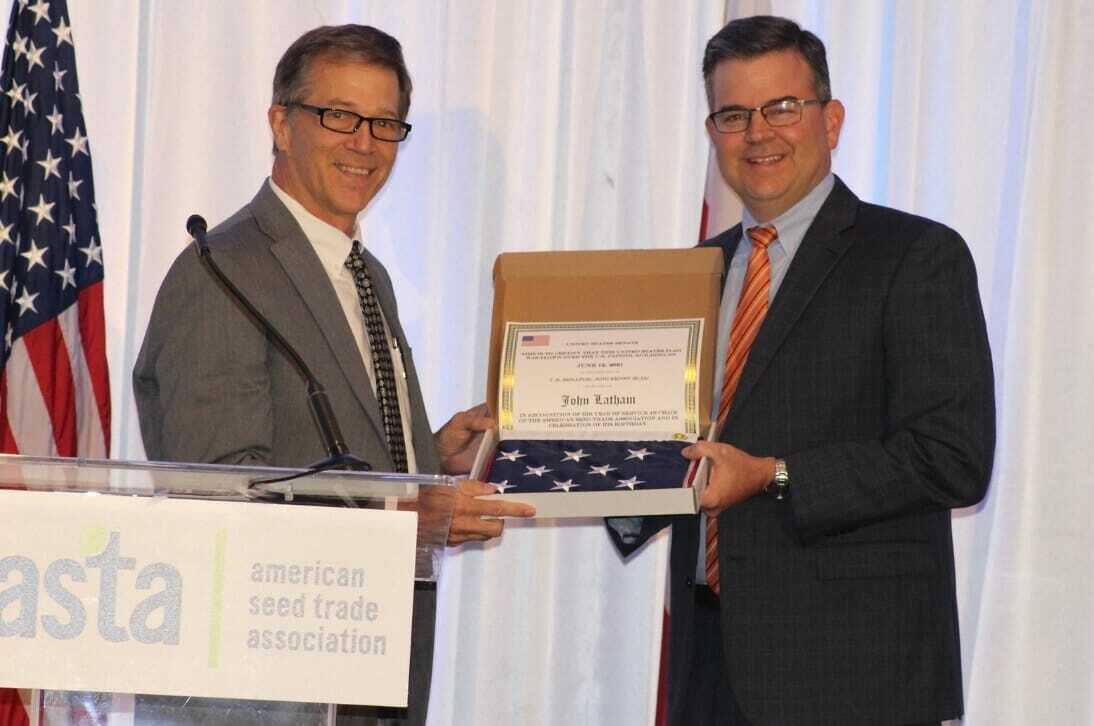
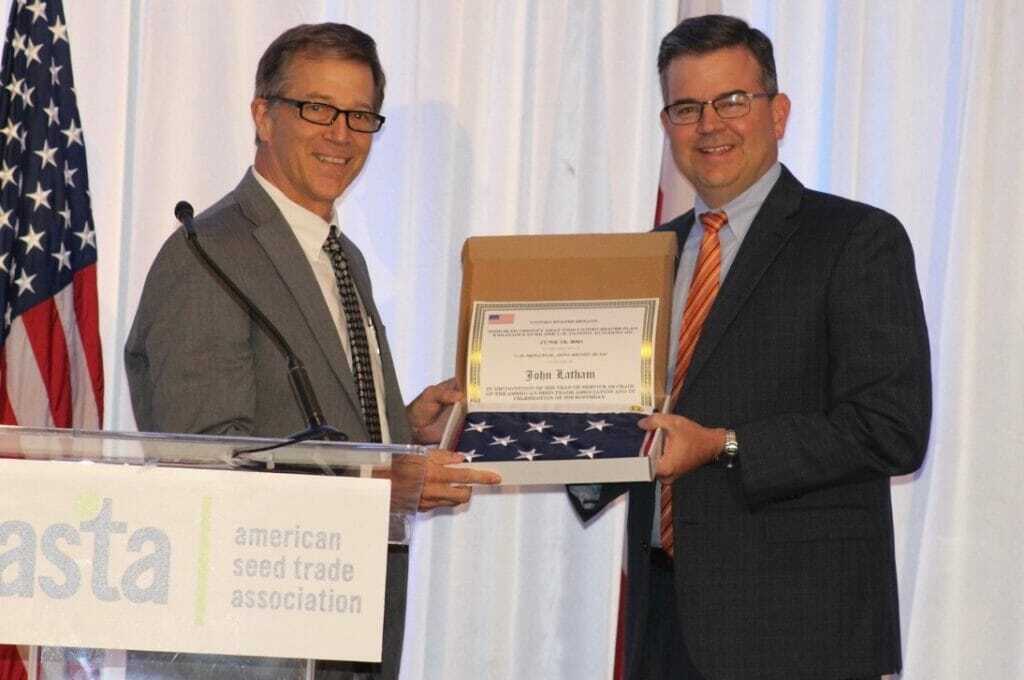



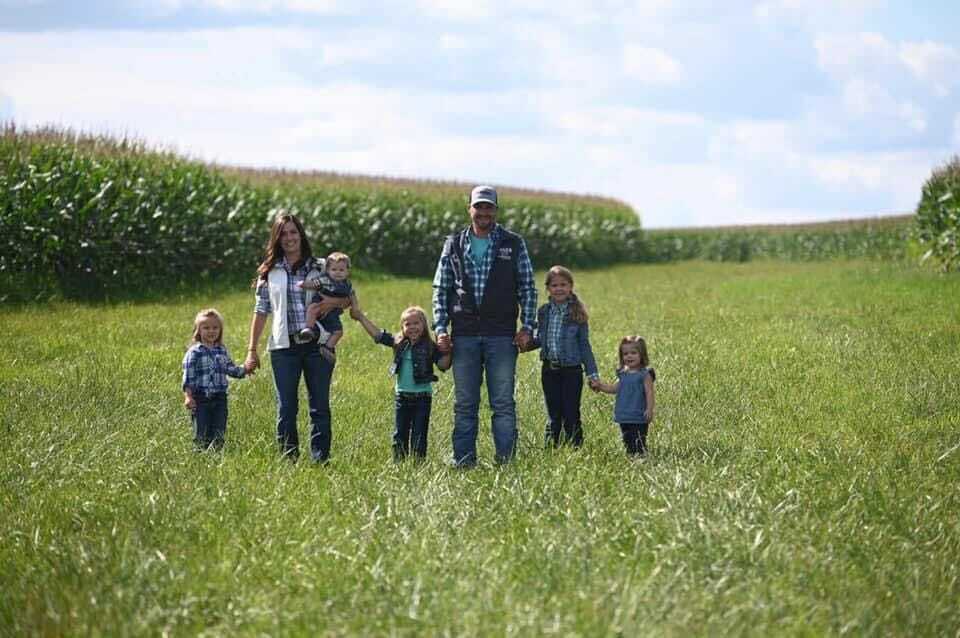
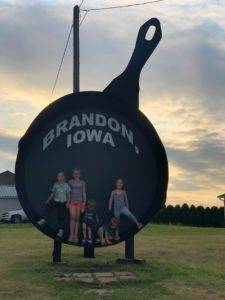

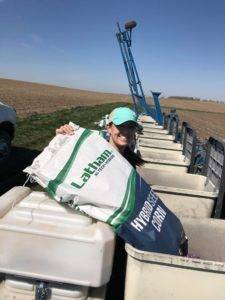
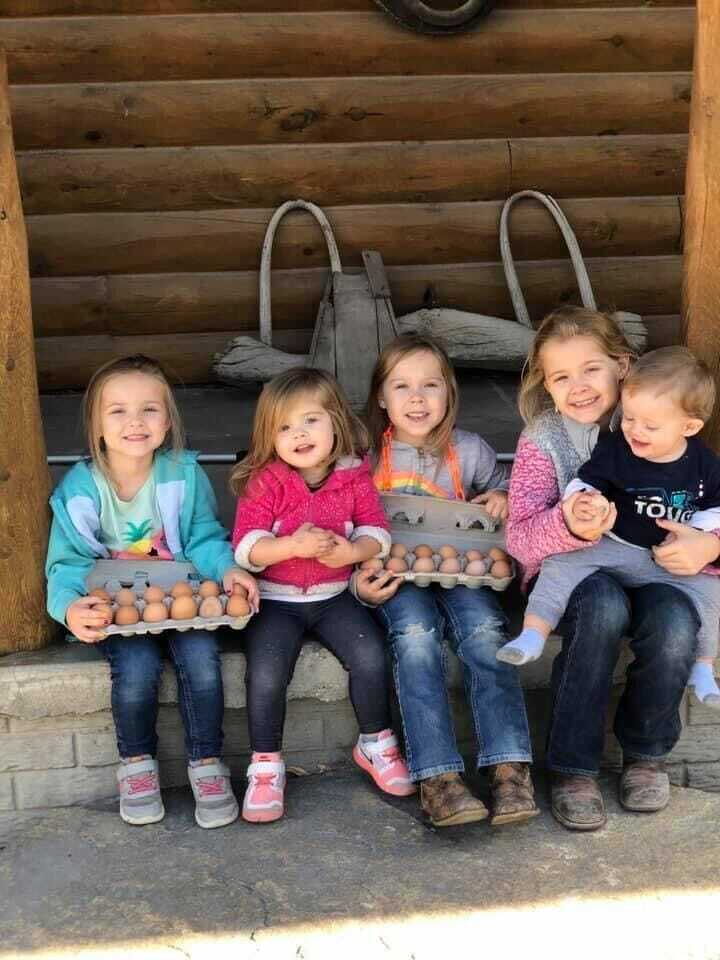
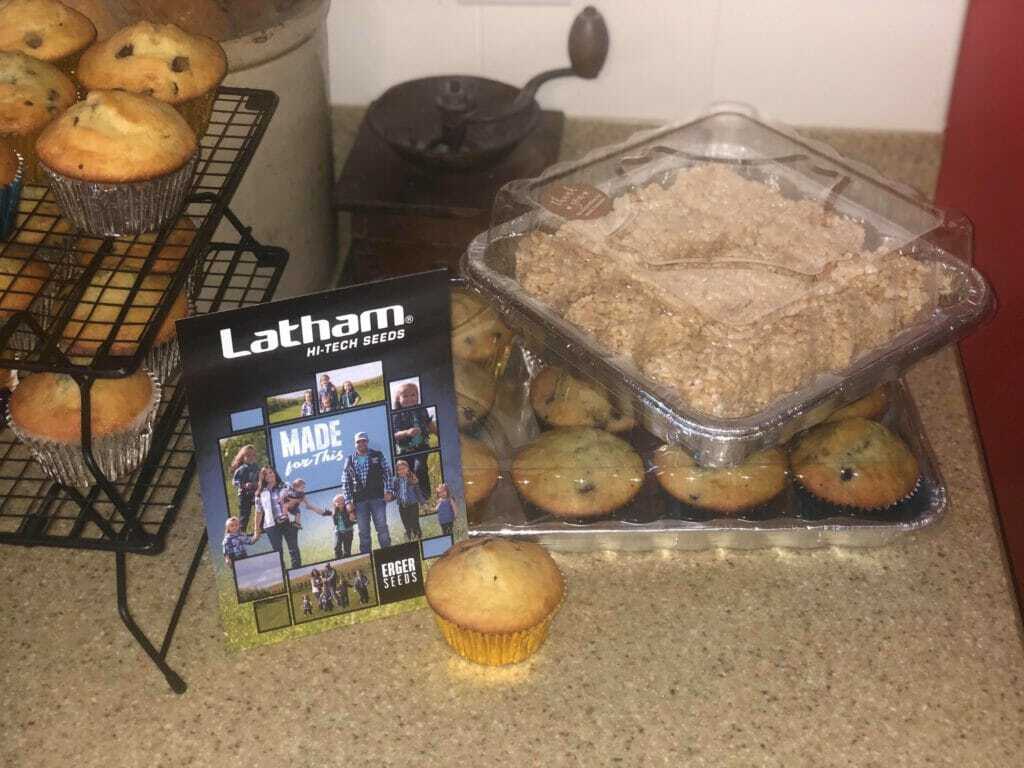






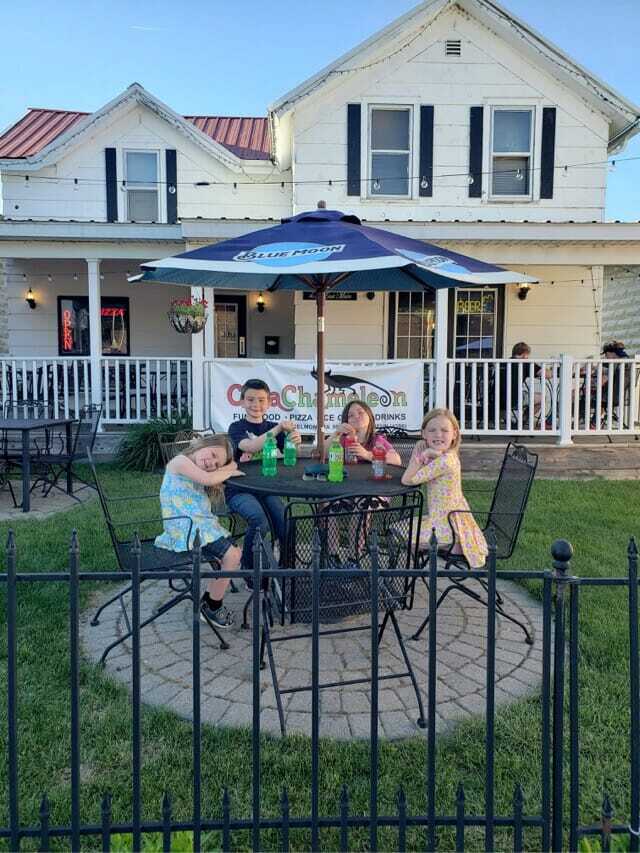


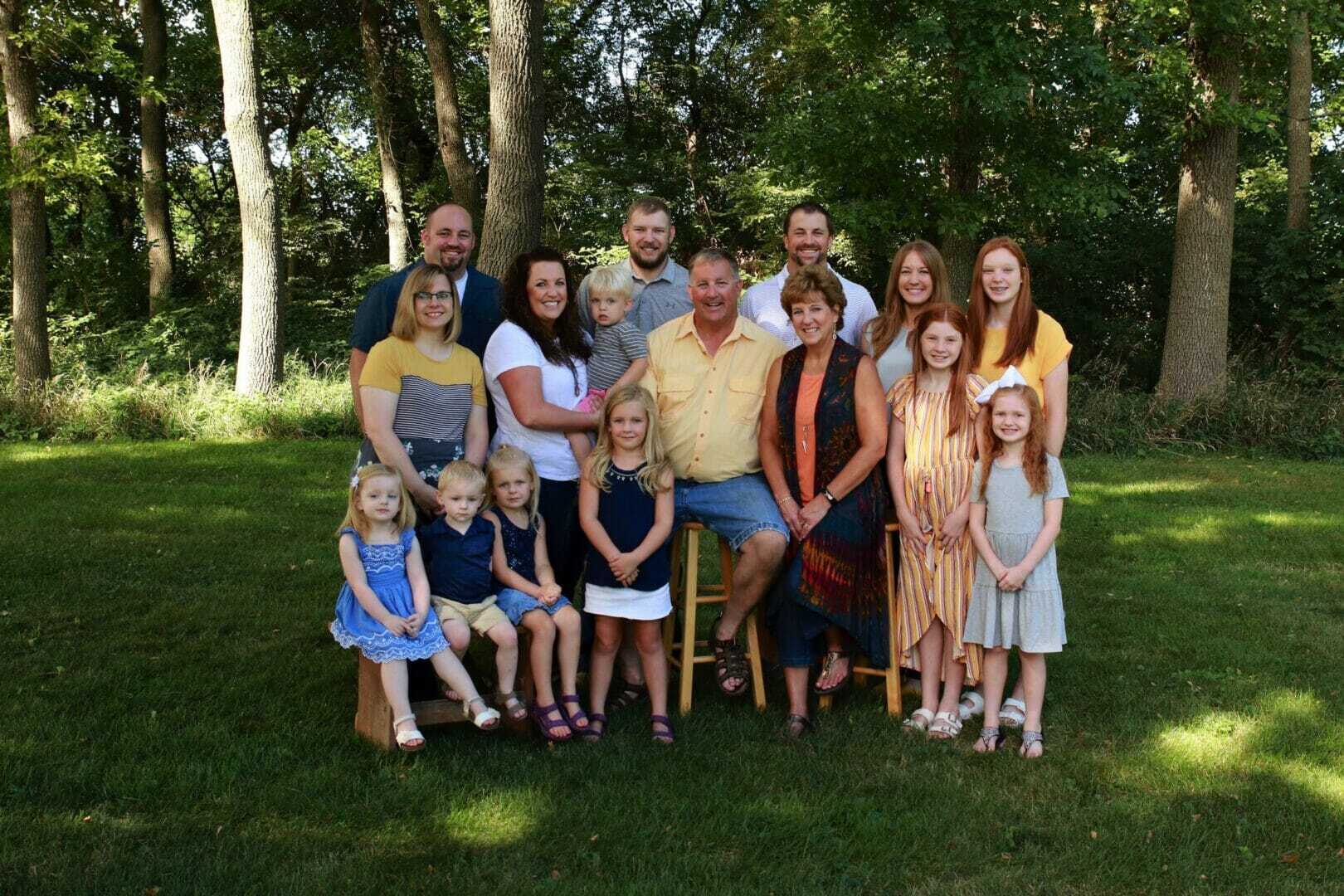

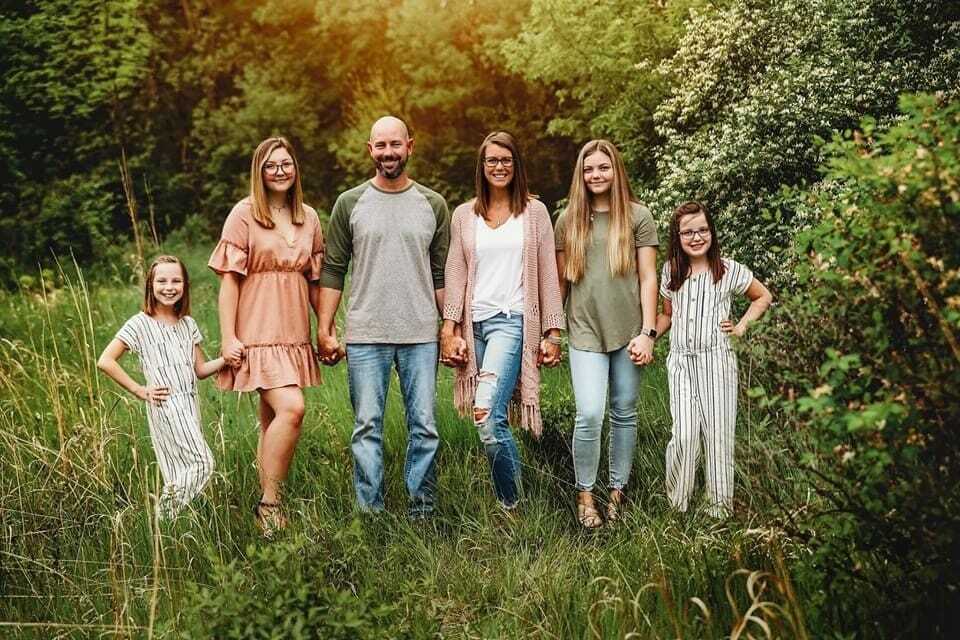


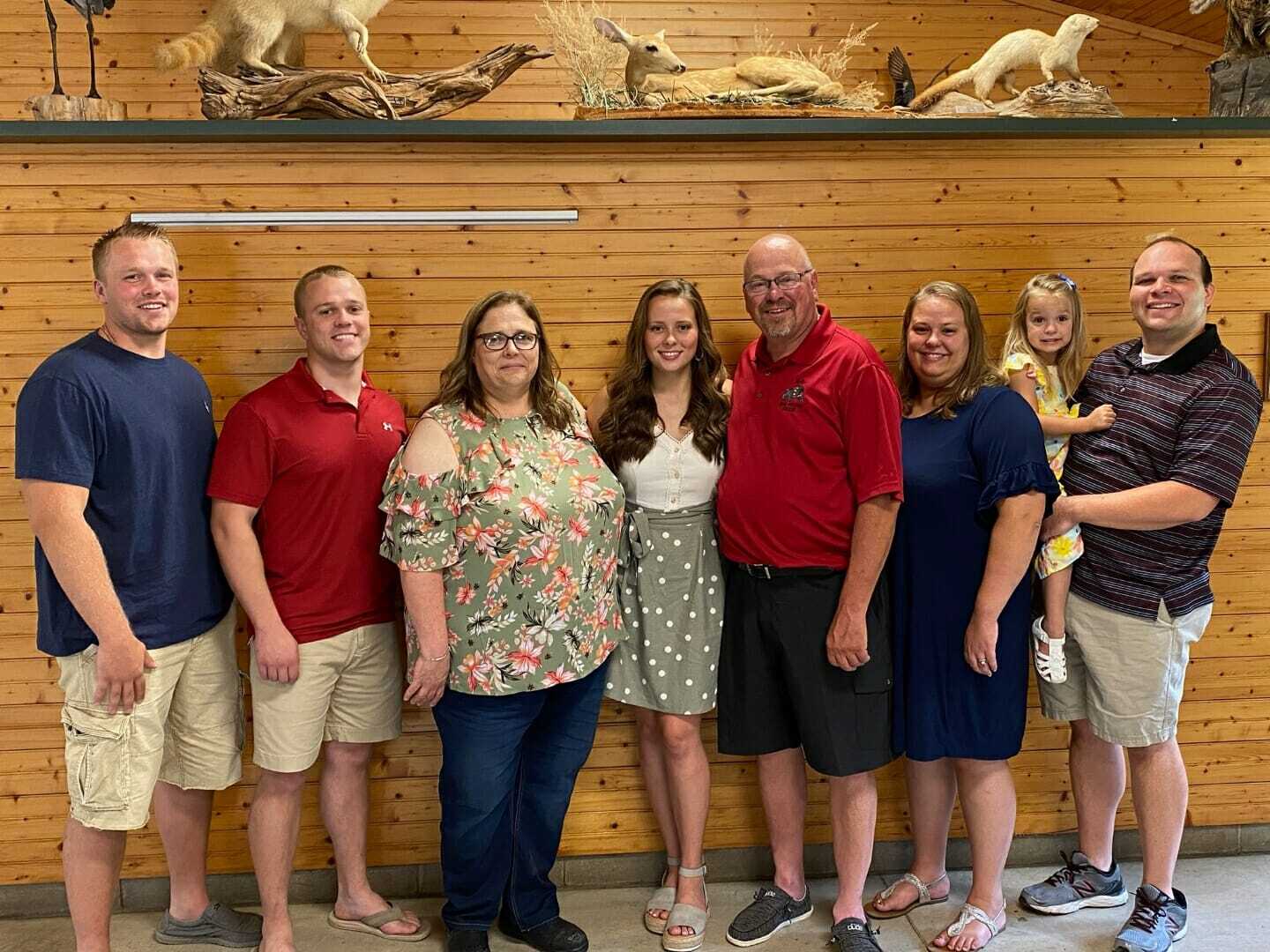
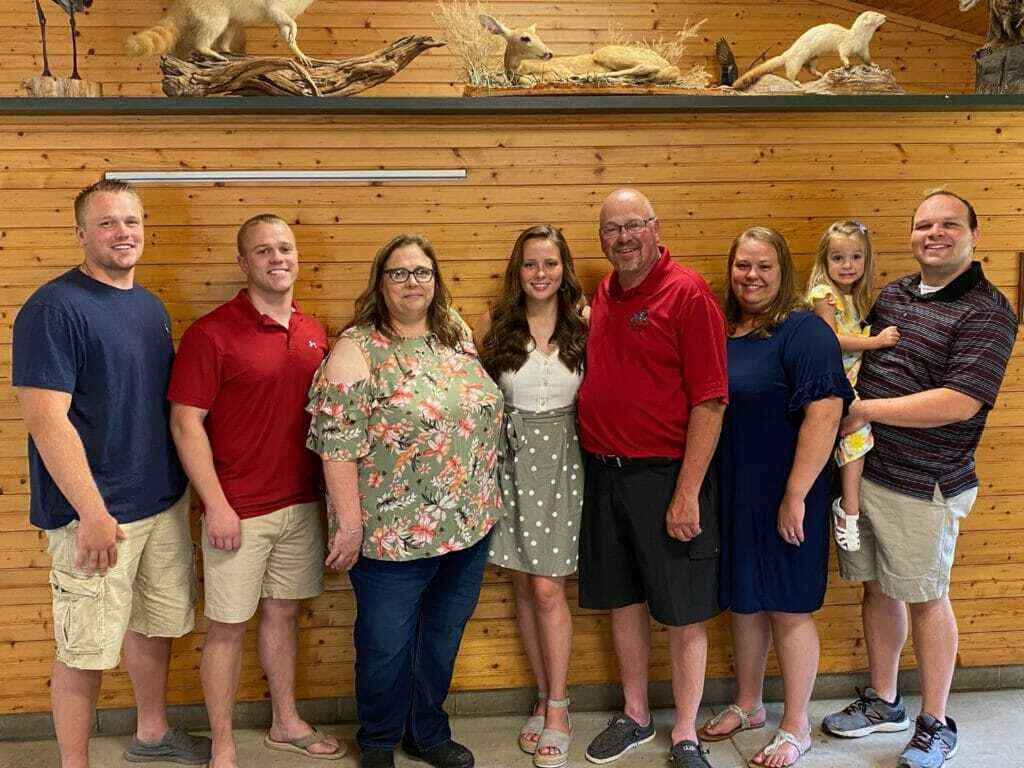

![Steer[1]](https://www.lathamseeds.com/app/uploads/2021/05/Steer1-1024x576.jpg)
